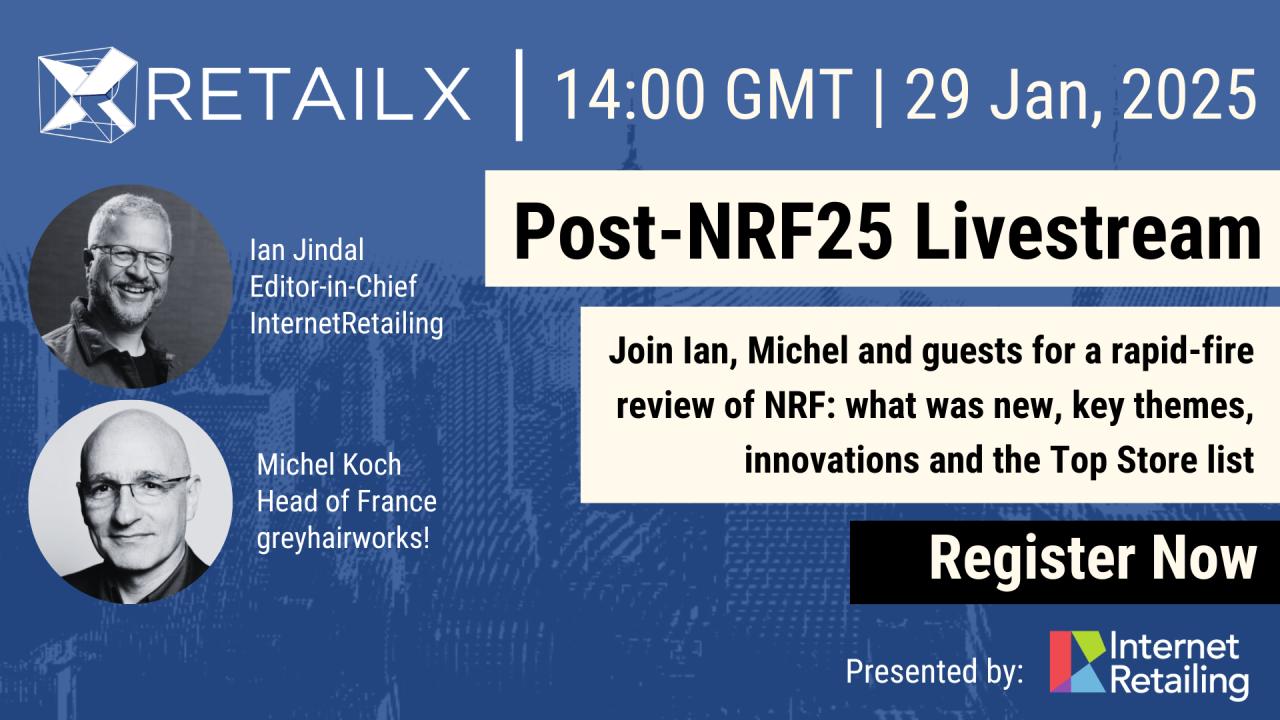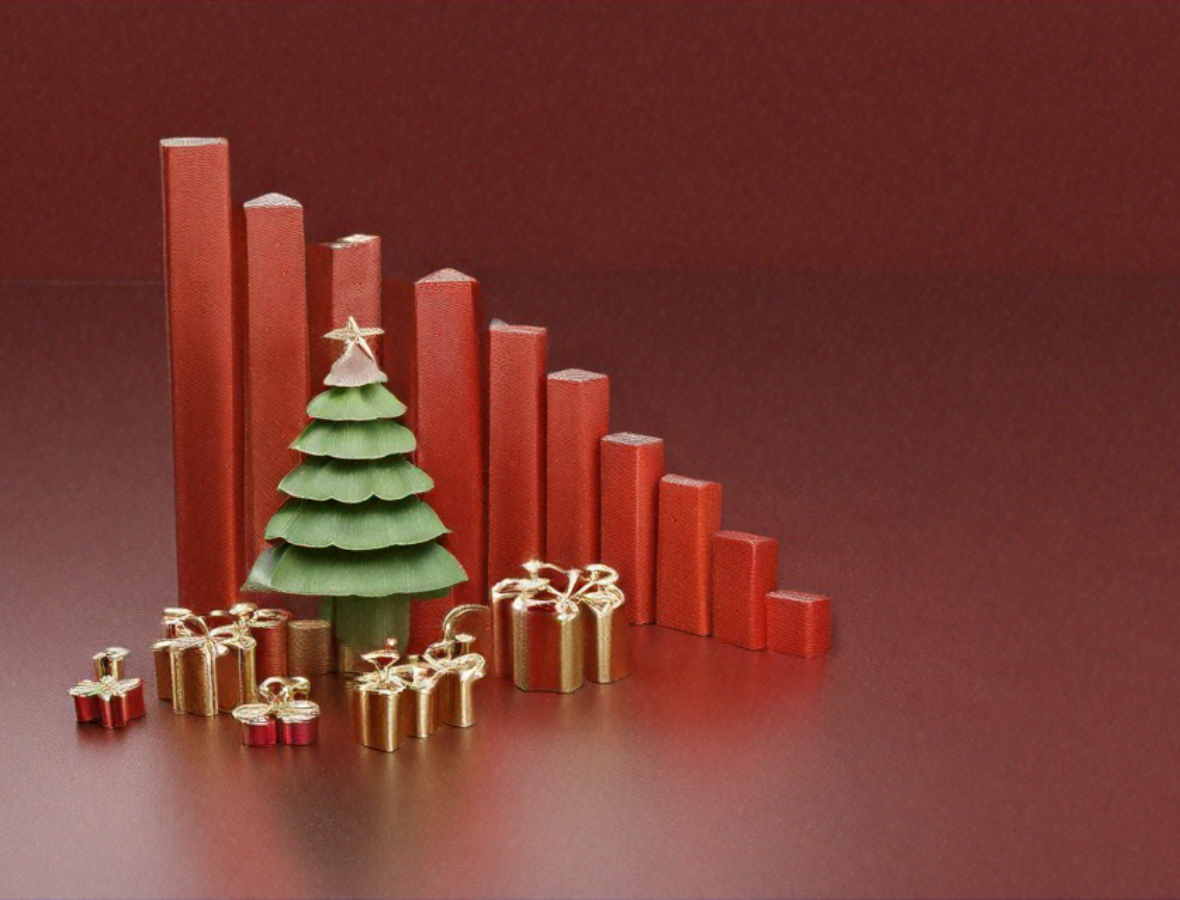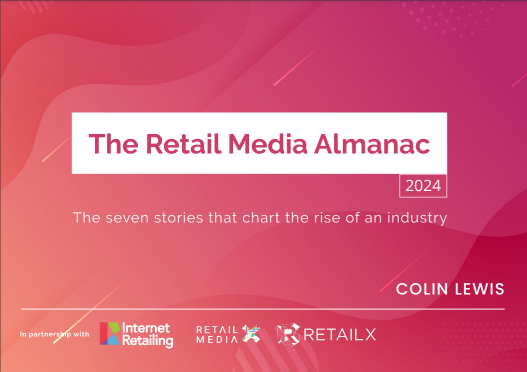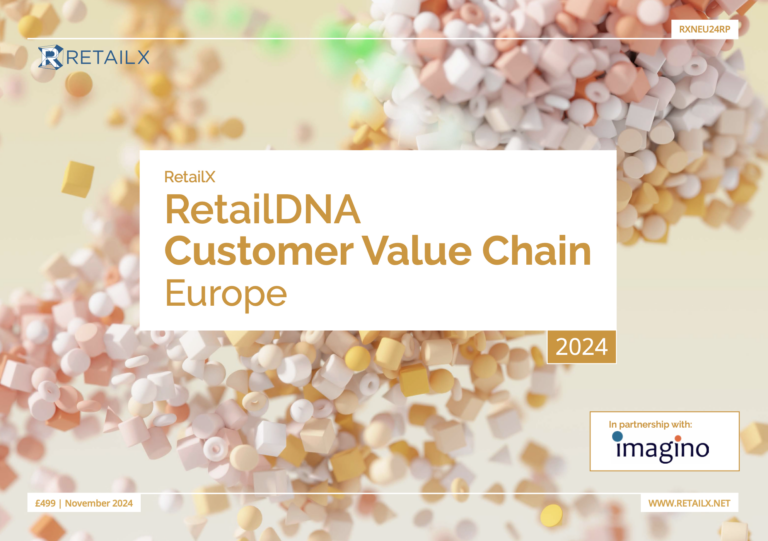The House of Commons has now approved the zero tariff, zero quota trade deal agreed on Christmas Eve by the UK and the European Union – just in time for the end of the Brexit transition period tomorrow. Industry bodies including the British Retail Consortium and Logistics UK have welcomed the deal in principle but say they’ll be looking closely at the detail.
Helen Dickinson, chief executive of the BRC, says: “After years of campaigning for zero-tariff trade, we welcome the announcement of a free-trade agreement between the UK and EU. This protects consumers on both sides of the Channel from billions in import tariffs on everyday goods. Given that four-fifths of UK food imports come from the EU, today’s announcement should afford households around the UK a collective sigh of relief.
“The UK and EU Governments have taken a crucially important step in agreeing a zero-tariff agreement, to the benefit of customers all over Europe. They must now work to implement this new arrangement as soon as possible, ensuring there are no tariffs from Day 1, and finding new ways to reduce the checks and red tape that we’ll see from the 1st January. The BRC and the rest of the retail industry will be scrutinising the terms of this deal in the coming days.“
And Logistics UK group policy director Elizabeth de Jong says the zero-tariff deal removed the risk of tariffs being applied to almost every item imported from the EU – and the knock-on effect of price rises – and appeared also to avert threats to the supply chain.
She says: “Logistics UK is urging traders to continue to get ready for new trading conditions as they were before, as the new trading relationship will still require many of the same preparations, not least the introduction of customs declarations and additional checks on food and livestock. Logistics UK is advising traders not leave paperwork to the last minute, or ignore it, as this will cause delays to journeys.”
But what does the new Trade and Cooperation Agreement between the UK and the EU mean in practice for online and multichannel retailers? We take a look.
Selling to the European Union
EORI numbers
Exporters from Great Britain to the EU will need an EORI number starting with the letters GB from January 1 – already previously needed to export to non-EU countries – to show they are a recognised trader. This, says Government guidance, is to help avoid increased costs and delays as their goods move through customs.
A further EORI number starting with XI will also be needed to move goods between Northern Ireland and non-EU countries or to make a declaration or get a customs decision in Northern Ireland. Only traders who have an EORI number starting in GB can get one of those.
Retailers shipping from Northern Ireland will only need an EORI number if they are exporting outside the EU.
The UK government’s own information says the GB EORI number can take about a week to come through. Here’s the link to get it.
VAT
From January 1 most goods being exported to the EU will attract a 0% UK VAT rate. Here’s the page to look at to check the exceptions.
Instead, traders will have to pay import VAT when goods arrive at the destination country. VAT is dealt with by member states so retailers sending goods to customers in the EU will need to be aware of the different rules in each member state about whether import VAT will be liable at the border or whether the accounting of it can be deferred to the importer’s quarterly return.
The EU has, as a result of Covid-19, delayed introducing a scheme that will require platforms to collect and account for VAT on behalf of sellers until July 1 – although, as detailed below – it comes into operation for those sending from the EU to UK from January 1.
Rules of origin
The free-trade deal struck between the UK and EU applies to goods mostly originating from the UK and EU. Where goods aren’t mostly from the UK or EU they are not covered under the deal so tariffs would be payable.
So what counts? Government detailed guidance on the agreement struck says that goods must be either ‘wholly obtained’ from the UK or EU – so, entirely made in the UK from materials produced in the UK – or ‘substantially transformed’ in the UK or EU – in such a way that value is added through the production basis, the goods change tariff classification as a result, or that goods are made from specific products using specific processes covered in detail in the agreement.
The government guidance on understanding rules of origin is available here. It suggests that, in practice, customs intermediaries will help businesses comply with their obligations.
There is some leeway for that since up till the end of June, traders importing from the EU to the UK will have six months to submit a full customs declaration – including declaring proof of origin – and pay any tariffs that are necessary. Additionally, traders will not need to have declarations from their suppliers in place at the time goods are exported until December 31 2021.
Customs declarations
Most UK online retailers selling to EU customers from this country do so by sending orders in individual parcels to the customer, either via the postal service or via a courier. The UK and EU have negotiated a tariff-free deal, so there will be no tariffs charged on exports to the EU. But, everyone in England, Scotland or Wales sending parcels to the EU whose contents are worth up to £270 will have to fill in a CN22 customs declaration form (guidance here). Those sending items worth £270 or more have to fill in a longer CN23 customs declaration. Neither are required for retailers in Northern Ireland sending a parcel to the EU.
The Post Office says that about 45% of the total international parcel traffic sent through Post Offices in Great Britain currently goes to EU destinations. Customs forms, available within branches, should be used for any parcels sent from now on, in order to be sure parcels have the correct documentation if they arrive on or after January 1.
Amanda Jones, Post Office retail and franchise network director, says: “Postmasters are on hand to provide practical advice, particularly to small businesses, who regularly send parcels to the EU. Customers should also look out for a leaflet in branches that has information about the new customs declaration requirement.”
Couriers handling parcels will handle these formalities on behalf of retailers and brands, but they will need the new information required for the customs declaration in order to complete the task. DPD’s transitional Brexit Guide, for example, covers the seven new pieces of information they will need – from commodity codes and product descriptions through to EORI numbers and country of origin.
Logistics and delivery
Those who are not sending individual parcels via post or via a courier – for example, shipping a wholesale order to an EU retailer or transferring goods to their own EU operations – will need to follow a different process, and most businesses will use a courier, freight forwarder or customs agent to make the declaration and get goods through UK customs. Here’s the government step-by-step guidance for those exporting to the EU but not using the post.
Those sending animal products will need to clear the EU’s Sanitary and Phytosanitary (SPS) Measures, as set out in paragraph 1.2.3. in this document on the UK/EU border. The UK/EU trade agreement allows for further harmonisation of these measures in the future.
Logistics UK says that the EU/UK deal appears to head off threats to the supply chain, since it allows goods to be shipped both by sea and by air. But retailers and brands will be making customs declarations for the first time in 40 years – while also potentially dealing with SPS requirements – and that’s likely to mean delays. Logistics UK has written to the government to ask for new arrangements to be put in place for lorry drivers who may have to wait to clear customs from January 1. That, it says, is necessary to prevent a repeat of what it terms the “national embarrassment” that saw gridlocked lorry drivers spend Christmas in their cabs with few toilet or hot food facilities available while the French border was temporarily closed as a Covid-19 safeguard.
“With new customs procedures in place from 1 January 2021, it is vital that all the systems needed to support hauliers as they move across our borders are in place and in full working order,” says Logistics UK policy director Elizabeth de Jong. “From 1 January, the industry will need regular, nationwide real-time information feeds from the government on the status of all ports, combined with early insight where traffic building – this will highlight where problems are likely to occur and help delays to be mitigated.”
Data
Online and multichannel retailers have built up large EU customer databases in recent decades and there have been questions about whether they will be able to hold onto those databases in the future. The final provisions section of the EU/UK agreement allows fo existing arrangements to continue at least for the next six months.
Free flow of personal data from the EU, EEA and EFTA states can continue “until adequacy decisions are adopted, and for no longer than six months”, the Government’s explainer of the treaty says. It also adds that “The UK has, on a transitional basis, deemed the EU and EEA EFTA States to be adequate to allow for data flows from the UK.
Background
HMRC advises on getting ready for the end of the transition period
The Government’s step by step guide to exporting from Great Britain to the EU from January 2021
Buying from the European Union
EORI numbers
Retailers selling from the EU to the UK will need to have an EORI number, as assigned by the member state in which they operate. Here’s a link to the EU information on this.
VAT
VAT is liable to be paid on imports from the EU. The UK government has agreed that UK end customers will not have to pay import VAT, but retailers selling to the UK will have to set up an account with HMRC – the UK tax authority – to pay that VAT. There’s Government information here on how to deal with UK VAT. UK companies will have to account for goods that they import and that are worth more than £135 via their quarterly VAT return. Some of the big platforms, such as Amazon and eBay, will be liable to collect any VAT due from their sellers from January 1 and send it to HMRC.
Amazon has written to sellers, in the run up to January 1, to say it will calculate and collect UK VAT from sellers that are not based in the UK but have stored stock in the UK or that are delivering parcels worth up to £135 from stock stored outside the UK. VAT will then be deducted from the seller’s total earnings.
Amazon also reminds customers at the same time that the VAT tax exemption for sales of goods worth less than £15 delivered from outside the UK will be removed from January 1. This is a UK action rather than part of the EU deal.
Rules of origin
As stated above, the free-trade deal struck between the UK and EU applies to goods mostly originating from the UK and EU. Where goods are made using raw materials or components from other countries not covered by the deal, additional tariffs may become payable.
Government guidance on understanding rules of origin as agreed in the UK/EU treaty is available here. It suggests that customs intermediaries will help businesses comply with their obligations. The leeway for those importing goods from the EU to the UK is that traders will not need to have declarations from their suppliers in place at the time goods are exported until December 31 2021.
See above for rules on data.
Background
Here’s the government guidance on importing goods from the EU from January 1.








